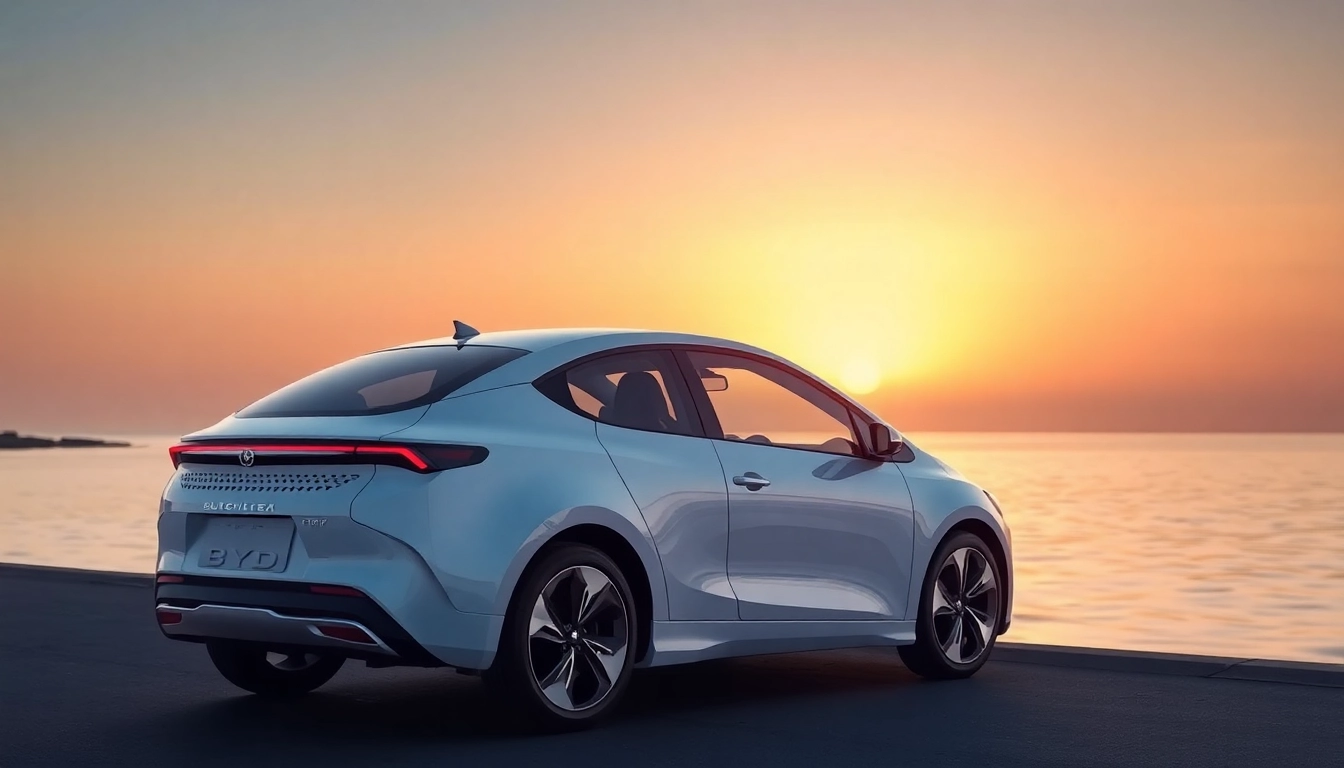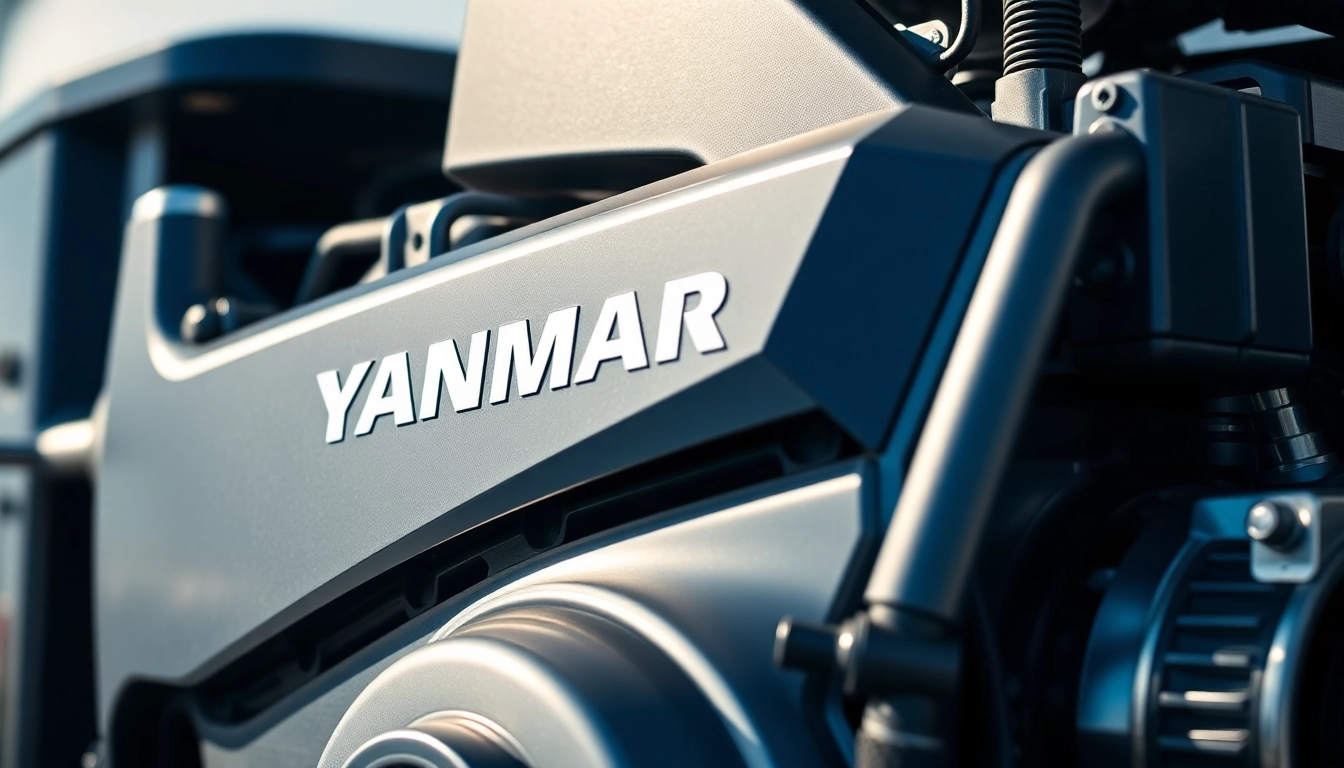Understanding What Defines a Perfect Car
Finding the perfect car is an endeavor that many car buyers embark on, often wrought with confusion due to the multitude of options available. The definition of a “perfect car” varies not only from one individual to another but also from one lifestyle to another. Understanding the unique blend of features that can make a vehicle feel perfect for you is the first step to making an informed purchase. In this section, we will delve into the essential features of a perfect car, personal preferences, and the significance of brand reputation.
1. Essential Features of a Perfect Car
A perfect car typically comprises several fundamental features that cater to the driver’s and passengers’ needs. Key aspects to consider include:
- Safety Features: The importance of safety cannot be overstated. Look for cars equipped with advanced safety technologies such as automatic emergency braking, collision warning systems, blind-spot monitoring, and airbag systems. Ratings by organizations like the National Highway Traffic Safety Administration (NHTSA) and the Insurance Institute for Highway Safety (IIHS) can provide reliable insights into a vehicle’s safety performance.
- Fuel Efficiency: With fluctuating fuel prices, fuel efficiency is a priority for many. Evaluate vehicles based on their miles per gallon (MPG) ratings, especially if you plan to drive long distances or commute regularly.
- Performance: This aspect encompasses the engine power, handling, and ride comfort. Test-driving various models can help assess how well a car drives under different conditions, including acceleration, braking, and cornering.
- Technology and Connectivity: Modern cars often include sophisticated infotainment systems, Bluetooth connectivity, navigation, and more. A perfect car should provide seamless integration with your personal devices to enhance your driving experience.
- Comfort and Space: Personal comfort in a vehicle is vital for a pleasant driving experience. Evaluating headroom, legroom, and cargo space will help ensure that the car meets your physical needs.
2. Evaluating Personal Preferences
Your personal preferences play a significant role in determining the perfect car. Factors such as:
- Driving Style: Are you seeking something sporty and agile, or a reliable vehicle for family needs? Understanding your driving style assists in narrowing down car types.
- Vehicle Brand: Certain brands carry a reputation for reliability, luxury, or performance. Consider what brand aligns with your value system.
- Exterior and Interior Aesthetics: The visual appeal of a car, both inside and out, can influence your purchase decision. Don’t ignore the emotional response you have to a vehicle’s design.
3. The Role of Brand Reputation
The brand you choose carries weight; some brands are synonymous with quality, durability, and customer service. Researching brand history, consumer reviews, and reliability surveys can significantly inform your decision. Reviews from trusted sources such as Consumer Reports and J.D. Power can provide deeper insights into brand performance. Additionally, consider testimonials from friends or family who may have firsthand experience with a particular brand or model.
Crafting Your Perfect Car Criteria
Once you have a clear understanding of what defines a perfect car for you, it’s time to craft your criteria. This will guide you as you navigate the vast market.
1. Budget and Financing Options
Your budget acts as a crucial boundary in your search for the perfect car. Consider both the initial purchase price and ongoing costs, such as maintenance, insurance, and fuel. Evaluate financing options, including leasing, loans, or cash purchases. It may be beneficial to consult local dealerships or online calculators to determine what fits comfortably within your budget.
2. Vehicle Types and Their Best Uses
Selecting the right type of vehicle is paramount. Options include:
- Compact Cars: Ideal for city driving with their fuel efficiency and ease of parking.
- SUVs: Perfect for families, providing ample space and versatility.
- Pickup Trucks: Great for those needing towing capabilities or off-road capabilities.
- Luxury Vehicles: For those prioritizing comfort, status, and advanced technology.
Your needs will ultimately dictate which vehicle type is best for you.
3. Performance Metrics that Matter
Aside from aesthetic and comfort preferences, performance metrics are essential to consider. Evaluating a car’s horsepower, torque, and suspension systems will provide insights into its driving dynamics. Utilizing vehicle reviews and comparison tools can assist you in making well-rounded decisions based on performance metrics.
Where to Search for the Perfect Car
Now that you know what criteria to look for, let’s explore the most effective places to search for your ideal vehicle.
1. Online Platforms and Marketplaces
The internet boasts a plethora of platforms where you can search for cars. Websites such as Kelley Blue Book and AutoTrader allow users to filter and customize searches to find the perfect car that meets their needs. These platforms provide comprehensive vehicle listings along with the option to sort them based on budget, body type, brand, and more. Additionally, they may offer valuable insights into market trends, making price comparison easier.
2. The Importance of Dealership Visits
While online searching is a convenient option, visiting dealerships can be equally beneficial. In-person visits allow you to:
- Inspect vehicles closely and even take test drives.
- Discuss financing options and promotions available directly with sales representatives.
- Experience the dealership’s customer service firsthand, which can be an essential factor when considering warranties and after-sales support.
3. Recommended Local Car Shows
Car shows can offer unique opportunities to explore multiple vehicles from various manufacturers all in one place. Attending shows can provide hands-on experiences, the chance to ask questions to manufacturers, and insights into the qualities of new models. Plus, networking with other attendees may lead to recommendations for trusted dealerships or experiences with specific car models.
Test Driving: A Must for Your Perfect Car
The test drive is an integral step in determining if a car truly meets the criteria for being your perfect vehicle. It allows you to experience the car’s features firsthand and ultimately guide your decision.
1. Key Aspects to Look for During a Test Drive
During a test drive, certain factors warrant your attention:
- Visibility: Assess how well you can see from the driver’s seat. Check if the windshield and mirrors provide adequate visibility.
- Acceleration and Braking: Pay attention to how smoothly the car accelerates and how responsive the brakes feel.
- Noise Levels: Engine noise, wind noise, and road noise can affect your comfort. It’s crucial to gauge how these contribute to your driving experience.
2. Understanding Comfort and Handling
While performance metrics are vital, comfort is an equally essential aspect. During the test drive, consider aspects such as seating comfort, overall ergonomics, and the ease of operation of controls. A long journey in a car that lacks comfort can mar the driving experience completely.
3. Analyzing Features and Technology
The technology integrated into modern vehicles can be a big selling point. Test various infotainment systems to determine how user-friendly they are. Ensuring that connections with your smartphone, GPS, and other devices perform smoothly is crucial.
Finalizing Your Purchase of the Perfect Car
Having chosen your car, it’s time to finalize your purchase, which is as important as the selection process itself.
1. Negotiation Tips for Best Pricing
Negotiating for the best price can save you significant amounts of money. Consider the following tips:
- Do your research beforehand to understand the market value of the car you are interested in.
- Start by offering a price below what you’re willing to pay, giving you room for negotiation.
- Be prepared to walk away if the deal doesn’t meet your expectations; this can strengthen your negotiating position.
2. Reviewing Contracts and Warranties
Always take the time to review contracts thoroughly. Ensure that all the agreed-upon terms are written clearly in the paperwork. Additionally, understanding the warranty details is crucial; this includes coverage duration and specific terms, which can significantly impact long-term costs.
3. After-Purchase Essentials for Your Perfect Car
Once your purchase is complete, take steps to protect your investment:
- Regular maintenance is vital in prolonging the lifespan of your vehicle. Follow the manufacturer’s service recommendations.
- Consider investing in additional services such as extended warranties or maintenance packages.
- Stay informed about recalls and service updates to ensure the safety and reliability of your car.
Finding the perfect car is not merely about choosing a vehicle that looks good or has the best specs on paper; it’s about selecting one that feels right for you. By understanding what matters to you, exploring your options thoroughly, and following a structured purchasing process, you can find a vehicle that will serve you well for years to come.



